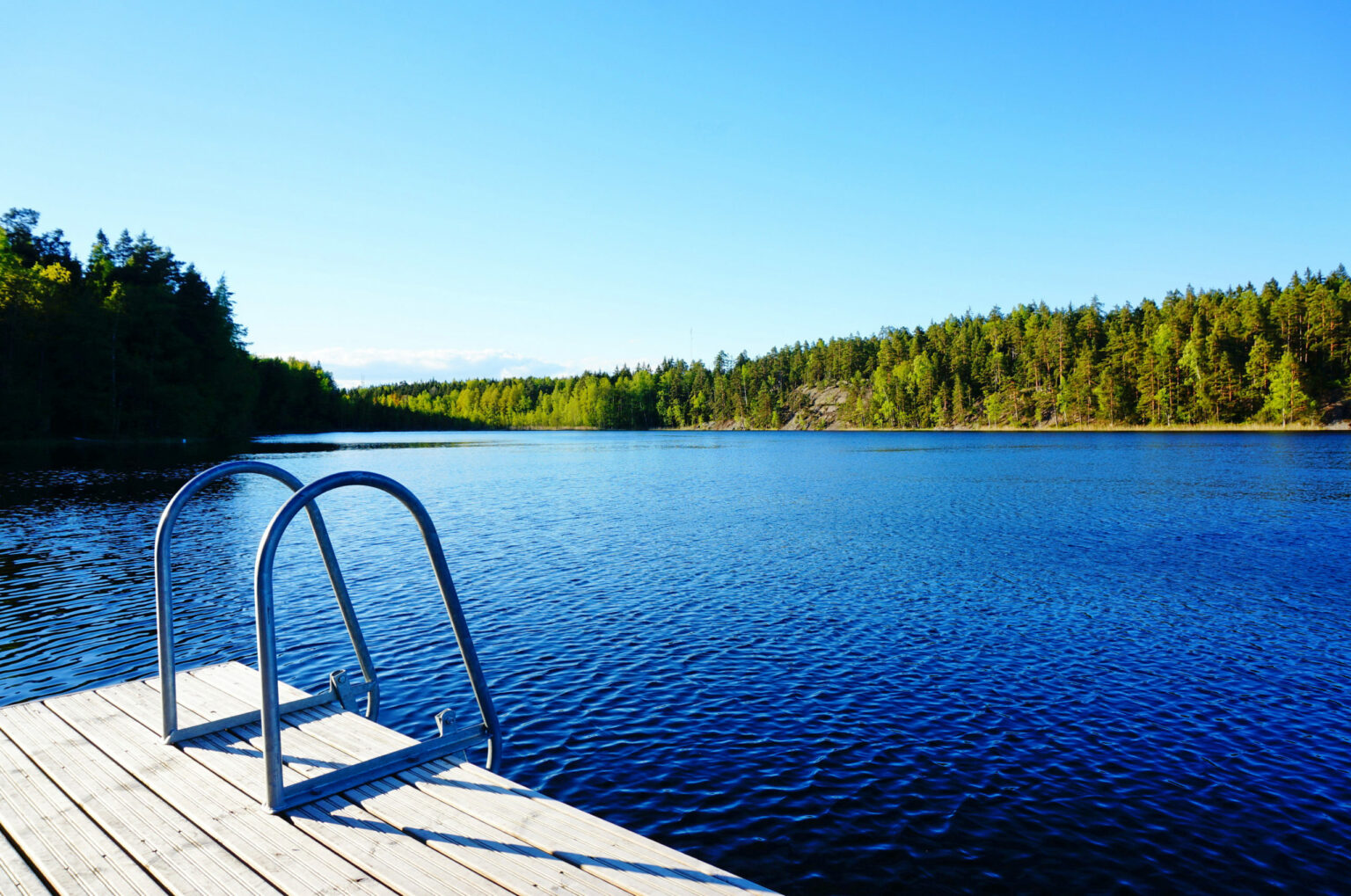NFPA issues warning over electric shock drowning hazards
- June 27, 2022
- 7:20 am


Iain Hoey
Share this content
In response to the number of news headlines about deaths related to electric shock drowning (ESD), the National Fire Protection Association NFPA has issued some guidance on how to stay safe when swimming this summer.
The warning, which comes ahead of the July 4th holiday weekend, a time when more people travel to the water’s edge, head out on their boats and spend time at the pool, reminds people about potential electrical hazards that exist in swimming pools, hot tubs and spas, onboard boats and in waters surrounding boats, marinas, and launch ramps.
Electric shock drowning can occur when faulty wiring sends electric current into the water that can pass through the body and cause paralysis. When this happens, a person can no longer swim and ultimately drowns.
The NFPA said swimmers, pool and boat owners should familiarise themselves with the following information and share it with people they know before embarking on any water activities:
Tips for swimmers
- Never swim near a marina, dock, or boatyard, or near a boat while it is running.
- While in a pool, hot tub or spa, look out for underwater lights that are not working properly, flicker, or work intermittently.
- If you feel a tingling sensation while in a pool, immediately stop swimming in your current direction. Try and swim in a direction where you had not felt the tingling. Exit the water as quickly as possible; avoid using metal ladders or rails. Touching metal may increase the risk of shock.
Tips for pool owners
- If you are putting in a new pool, hot tub, or spa, be sure the wiring is performed by an electrician experienced in the special safety requirements for these types of installations.
- Have a qualified electrician periodically inspect and — where necessary — replace or upgrade the electrical devices or equipment that keep your pool, spa, or hot tub electrically safe. Have the electrician show you how to turn off all power in case of an emergency.
- Make sure any overhead lines maintain the proper distance over a pool and other structures, such as a diving board. If you have any doubts, contact a qualified electrician or your local utility company to make sure power lines are a safe distance away.
Tips for boat owners
- Avoid entering the water when launching or loading a boat. Docks or boats can leak electricity into the water causing water electrification.
- Each year, and after a major storm that may affect the boat, have the boat’s electrical system inspected by a qualified marine electrician to be sure it meets the required codes of your area, including the American Boat & Yacht Council. Make the necessary repairs if recommended. Check with the marina owner who can also tell you if the marina’s electrical system has recently been inspected to meet the required codes of your area, including the .
- Have ground fault circuit interrupters (GFCI) installed on the boat; use only portable GFCIs or shore power cords (including “Y” adapters) that are Marine Listed when using electricity near water. Test GFCIs monthly.
For more information about electric shock drowning, visit nfpa.org/watersafety.



